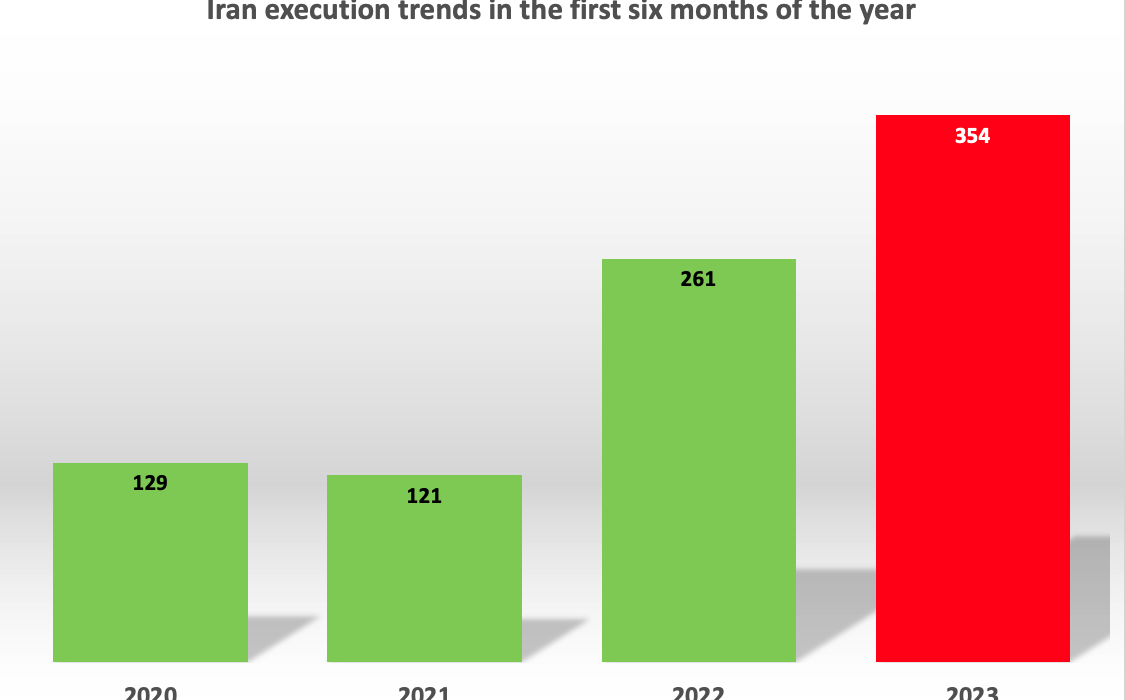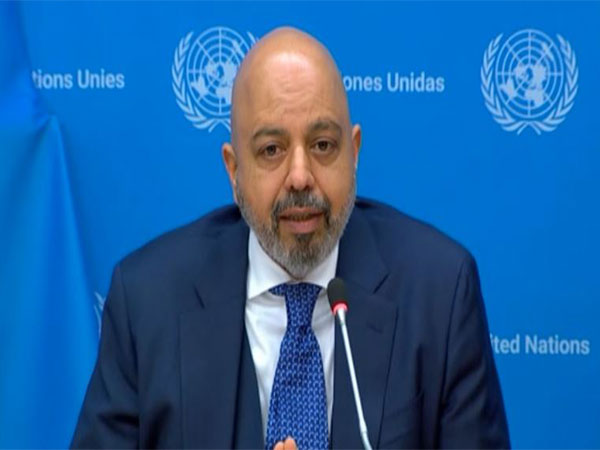Human Rights Group reports execution of 354 individuals in Iran during first half of 2023

The high number of executions, particularly the disproportionate targeting of the Baluch minority, has raised concerns among human rights advocates.
If Norway-based Iran Human Rights group is to be believed, at least 354 individuals, including six women, were executed in Iran during the first six months of 2023. This marks a significant increase compared to the same period last year, with 261 executions recorded in 2022 and 121 in 2021.
Out of the total executions, 206 individuals were put to death for drug-related charges, indicating a 126% rise compared to the same period in 2022, when 91 were executed on similar charges. This upward trend in drug-related executions has been observed for the past three years.
In the first half of 2023, 71 individuals from the Baluch minority were executed for drug-related, murder, and moharebeh (enmity against God) charges. The Baluch population constitutes only 2-6% of Iran’s overall population.
Official media sources reported only 43 out of the 354 executions, while the remaining cases were verified by Iran Human Rights through at least two independent sources. This suggests that the actual number of executions is likely higher than officially reported.
Director of Iran Human Rights, Mahmood Amiry-Moghaddam, has urged the international community to take action against the escalating number of executions in Iran. He specifically called upon the United Nations Office on Drugs and Crime (UNODC) and Member States collaborating with Iran to condemn the execution of individuals on drug-related charges and to condition their collaborations on halting such executions.
The high number of executions, particularly the disproportionate targeting of the Baluch minority, has raised concerns among human rights advocates. The situation calls for urgent international attention and comprehensive measures to protect the rights and lives of individuals facing the death penalty in Iran.









